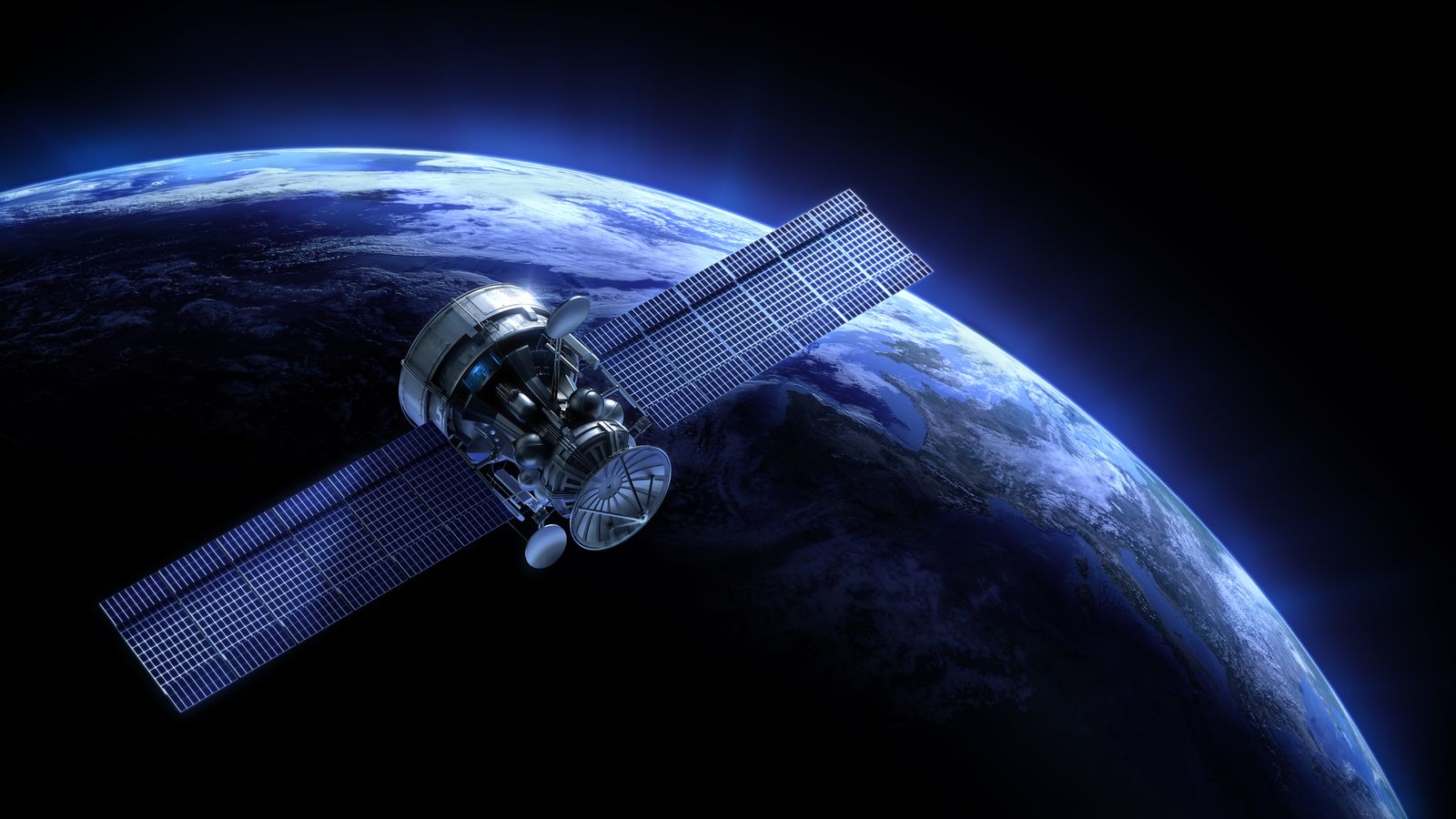A company has been fined by the US government for leaving junk in space.
The Federal Communications Commission (FCC) issued its first space debris enforcement fine, saying the company DISH will pay $150,000 (£124,000) for failing to properly de-orbit its EchoStar-7 satellite.
The satellite TV provider admitted liability, the commission said, adding that the action by DISH “could pose orbital debris concerns”.
The FCC called the agreement “a breakthrough settlement” in the increasingly concerning realm of space debris, which has been brought on by companies and governments launching satellites into orbit at an unprecedented rate.
FCC enforcement bureau chief Loyaan Egal said: “As satellite operations become more prevalent and the space economy accelerates, we must be certain that operators comply with their commitments.”
DISH launched the EchoStar-7 satellite in 2002 and planned to remove it from service in May 2022, CNBC reports.
But a few months before then, DISH found the satellite did not have enough fuel remaining to navigate to a disposal location.
Read more from Sky News:
Mysterious object found on beach is identified
British-built satellite deliberately crashed into Atlantic
The company had previously agreed to an “orbital debris mitigation plan” with the FCC to relocate the satellite.
Instead of retiring the satellite 300km away from where it was operating in geostationary orbit, DISH retired the satellite about 122km away.
The FCC described this as “well short of the disposal orbit”.
Last year, the FCC adopted a new “five-year rule” for de-orbiting satellites, forcing operators with satellites in low Earth orbit to ensure satellites are disposed of within half a decade of completing their missions.
The previous limit was 25 years.
